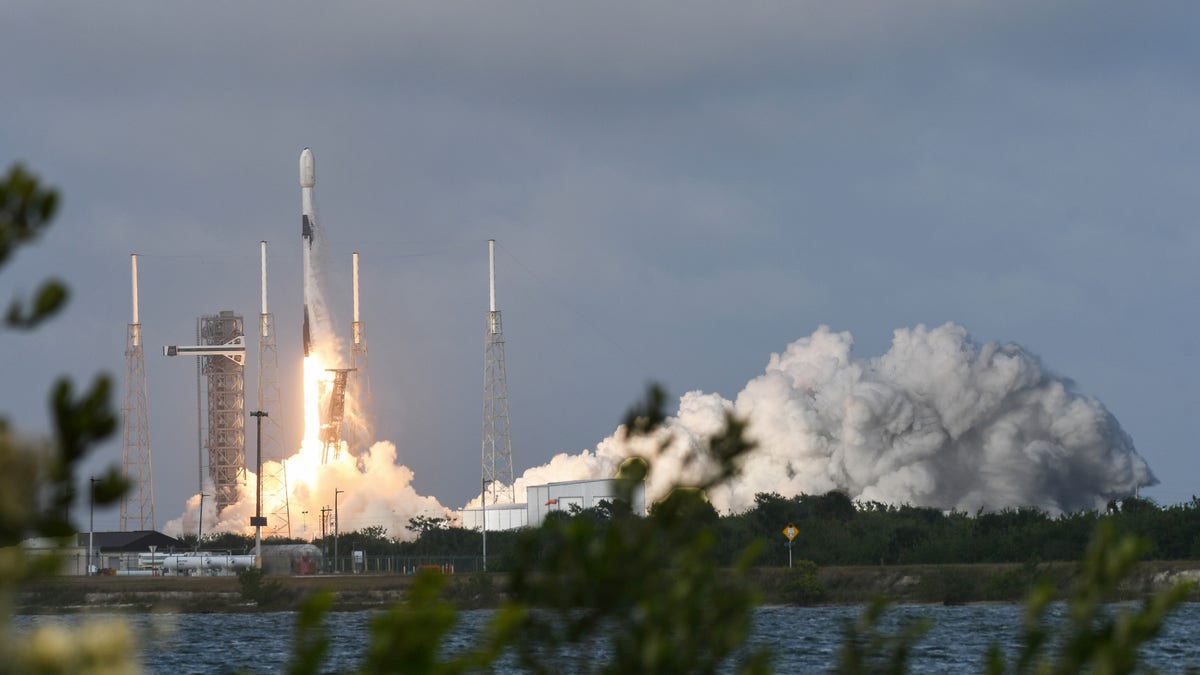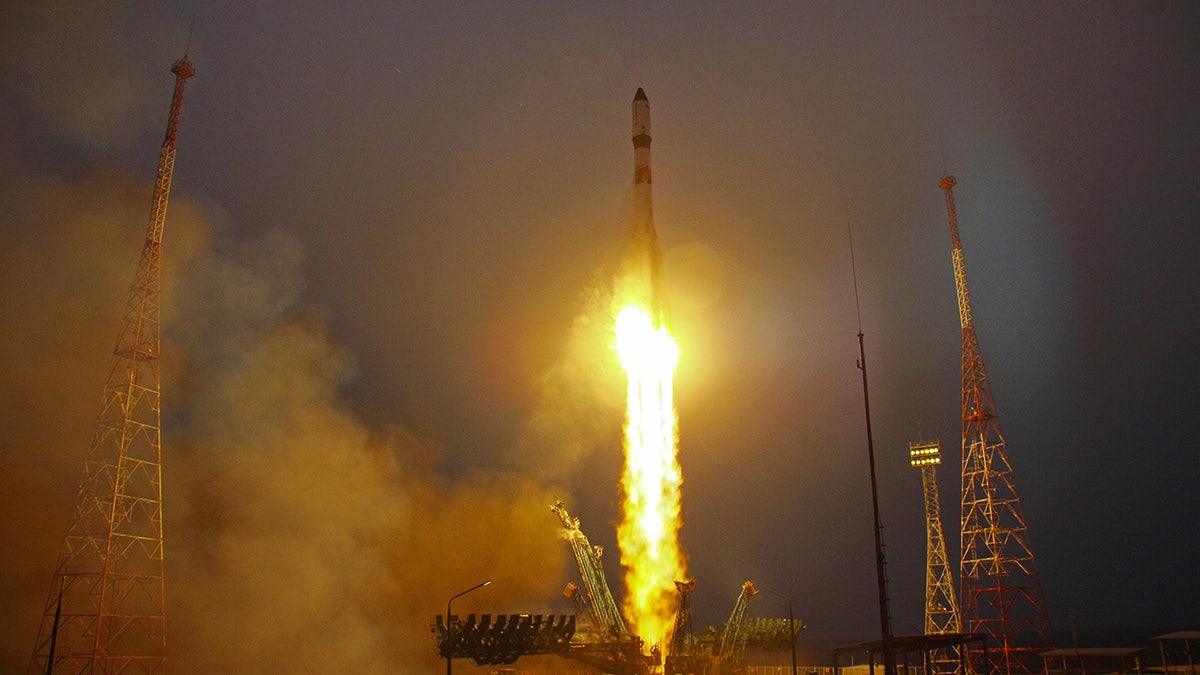Threat to US deals with Russian nuclear capability in space: Jacqui Heinrich
Fox News White House correspondent Jacqui Heinrich has more after U.S. allies are briefed on the national security threat that could be used against satellites on 'Special Report.'
Americans got a wake-up call when House Intelligence Committee Chairman Mike Turner and the White House let us know that the Russians were thinking about sending nuclear weapons into space, to destroy U.S. satellites if we ever wind up in a shooting war with Moscow.
Russian nukes in space is the nightmare we’ve all worried about since the Russians launched their first Sputnik satellite back in 1957. Six and a half decades later, we are learning that international agreements that are supposed to stop that threat mean nothing to a dictator like Russian President Vladimir Putin — and that America needs to get serious about defending its assets in space, including GPS.
We need the capability to deter the growing space threat from both Russia and China, before our perceived weakness triggers a full-scale war in space.
The truth is, whoever controls the space domain will dominate the future global economy. If America was the preeminent space power from Presidents John F. Kennedy to Ronald Reagan, we’ve let our edge slip away, while China and Russia aim to displace us altogether.

The US needs to work more closely with private companies as part of the space race. FILE: A SpaceX Falcon 9 rocket launches the third pair of O3b mPOWER satellites for Luxembourg-based company SES from pad 40 at Cape Canaveral Space Force Station in Cape Canaveral. (Paul Hennessy/SOPA Images/LightRocket via Getty Images)
In fact, a State of the Space Industrial Base conference report issued in 2022 predicted that China will overtake the U.S. as the dominant space power by 2032.
In Russia’s case, their anti-satellite warfare program already includes ground-based lasers that can blind satellite sensors, and electronic warfare tools aimed to knock out GPS and satellite-enabled weapons systems, a Pentagon official told Congress in 2023.
China first successfully tested an anti-satellite kill vehicle back in 2007. It now has an entire arsenal of ground-based counter-space weapons from electronic warfare systems to anti-satellite missiles, all ready to deploy in case of war to render our forces deaf, dumb and blind.
What’s been President Joe Biden’s response? In 2022, Vice President Kamala Harris announced that the U.S. was going to renounce all anti-satellite testing. That must have provoked gales of laughter in both Moscow and Beijing.
President Donald Trump understood the nature of the space threat, and the long-term stakes involved. That’s why he created the Space Force, so that we could take defending the space domain as seriously as our military takes defending the other four domains: land, air, sea and cyber.
But China continues to surge ahead. In 2018 there were 141 space-related companies in China; in 2022 that jumped to 433. In 2023 China was second only to the U.S. in space launches, with 67 versus 109. Without SpaceX, the U.S. launches would number only 11.
If China does become the dominant space power, it will control the future of global telecommunications and space exploration, as well as the use of space satellites and technology for strategic and military use.
Here’s what America needs to do, to win the new space race.

In this photo released by Roscosmos State Space Corporation, Russian Soyuz 2.1a with the Progress MS-26 cargo spaceship blasts off at the Russian leased Baikonur cosmodrome in Baikonur, Kazakhstan, on Thursday, Feb. 15, 2024. (Roscosmos State Space Corporation via AP)
First, and most urgently, build our own offensive and anti-satellite capability. Overturn the absurd 2022 unilateral ban, and focus on building up electronic warfare, missile and "killer satellites" that can maneuver and take out enemy space assets as well as protect our own.
Second, expand our commercial sector’s contribution to our Space Force arsenal by following the World War II model. Mobilize and incentivize companies like SpaceX and Blue Origin, to bring their productivity and innovation directly into the space war-fighting domain.
CLICK HERE TO GET THE OPINION NEWSLETTER
That goes for the hundreds of other smaller satellite, launch, sensor and software makers who are looking for the opportunity to help to defend our nation in space, as well as make money.
Third, there can be no thriving space industry without workers. According to the Space Foundation, the core space industry workforce in the United States has grown nearly 20% since 2016.
In fact, a State of the Space Industrial Base conference report issued in 2022 predicted that China will overtake the U.S. as the dominant space power by 2032.
But U.S. colleges saw a five-year decline in engineering students, which makes industry executives worry about the future. The average age of U.S. aerospace engineers today is 44 years. Fully 22% of those engineers qualify for benefits as senior citizens.
CLICK HERE TO GET THE FOX NEWS APP
Focusing on developing the next generation of space workers may be the most important key to preserving America’s leadership in space.
Who controls space will control the world. Our enemies are willing to contemplate putting nuclear weapons in space. We shouldn’t, but only because we don’t have to, in order to win and protect America’s interests — and the interest of freedom around the globe.











































